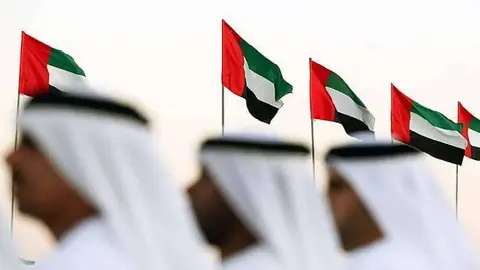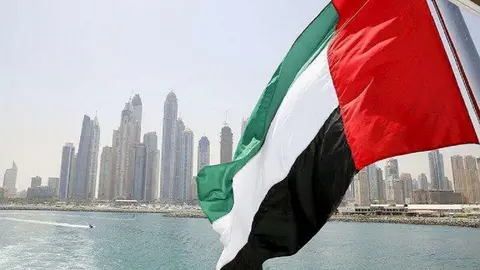Fossil fuels will be the "most complex" issue at COP28, says Spanish EU presidency

The debate on a total abandonment of fossil fuels will be the "most complex" issue at the Dubai climate conference (COP28), sources from the Spanish presidency of the European Union (EU) said on Friday.
"I think it will probably be the most complex issue," these sources explained in a teleconference with journalists.
"We know that we will have to negotiate, to find common ground," the sources added.
COP28 opens next Thursday in Dubai under the presidency of the United Arab Emirates, one of the world's leading oil and gas producers.
The specific mention of fossil fuels, the main contributors to global warming gas emissions, is the subject of tough negotiations at UN climate conferences.
The most ambitious countries want explicit mention that the world must "phase out" the use of these fuels as soon as possible, in order to reach zero neutrality by mid-century.
But producer countries, as well as many developing consumer countries, which have serious problems in undertaking an energy transition, propose that the language should be more evasive, that phase-out plans should be mainly voluntary and that technologies such as carbon sequestration, i.e. storing carbon in the soil or the sea, should be taken into account.
"We cannot discuss investments in technologies that are not going to solve the problem, to really reduce emissions," said the Spanish sources.
The EU is negotiating at COP28 with the European Commission and the rotating presidency, in this case Spain.
Another of the key issues at COP28 is the renegotiation of each country's contributions to reduce gas emissions (NDCs).
These NDCs were one of the pillars of the 2015 Paris Agreement (COP21) to combat climate change.
The parties to the agreement recognised in September that these contributions need to be accelerated.
The debate on new NDCs "should not look backwards. It is important to assess progress and define the next steps," these sources said.
"We expect many announcements of commitments," they added.









